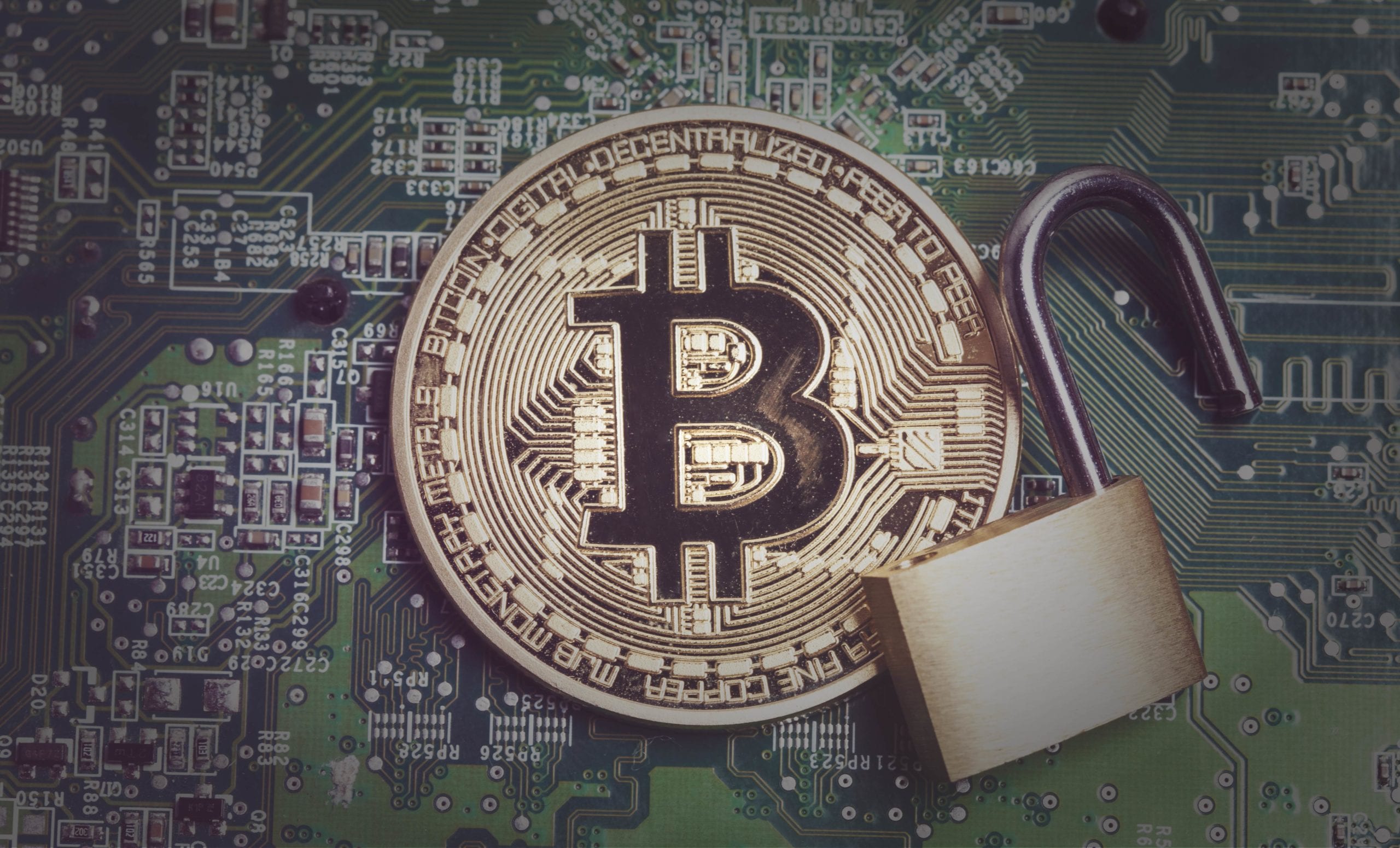Lee Reiners is a smart guy. At least the Wall Street Journal thinks so. They published an opinion commentary by Mr. Reiners, the Executive Director of the Global Financial Markets Center at Duke Law in which he makes a bold, if not realistic suggestion.
Ban Cryptocurrency to Fight Ransomware.
Reiners says “the existence of bitcoin and the rest benefits nobody except criminals and speculators.” That reminds us of a YouTube video we had a good laugh over a short time ago. It was 1994 and Bryant Gumbel and Katie Couric were getting all worked up over something called “the Internet.”
So for some honest and educated perspective, we thought we’d turn to someone with a slightly more forward view of cryptocurrency and the blockchain technology it’s built upon. Bill Evans is the President of Liberty Fox Technologies and nationally renowned crypto expert.
What are your initial thoughts on this Wall Street Journal commentary?
BE: My visceral reaction is to disagree with the author wholeheartedly. I believe that cryptocurrency now is like the Internet in the late 90s. I do believe cryptocurrency is speculative and a very risky investment. But as there is wide adoption and people start to really wrap their heads around separating currency from governments, there are boundless and endless opportunities to change the world and create a world currency. To think about that, a currency of the world that no one government has any real control over is really just mind-blowing and can really make huge changes in the world that even I cannot speculate on at this time.
Is Bitcoin the key to ransomware success?
BE: Cryptocurrency is key to hackers making a quick buck. The right hackers and the right processes will always yield results. I do believe that state sponsored hacking as well as organized hacking does not need cryptocurrency to be successful. They target banks and financial institutions to steal money and they launder it very quickly to hide their tracks. Are their tracks still more visible than when using cryptocurrency? Absolutely, but a good hacker can always work past that. That said, cryptocurrency enables more amateur and less organized hacking. What we refer to as script kiddies are less professional hackers that now feel safer making their quick buck. So is it key to their success? No. But does it allow a more amateur level of hacking to get away with it? In my opinion, yes.
Bitcoin and more importantly, blockchain has so much technology potential, does that justify the risk?
BE: If it wasn’t cryptocurrency, there would be some other digital wealth transfer mechanism for hackers to do their dirty deeds. These rising ransomware attacks are not the fault of Bitcoin nor cryptocurrency, but the simplicity of computers and their ability to be manipulated. If cryptocurrency didn’t exist, something else would, and there’s always a way to anonymize financial transfer with the right motivation. As a result, I don’t fault Bitcoin or cryptocurrency for these ransomware attacks, but more so the ubiquitous use of technology in business these days and the lack of security and training that allows all this to happen. As a result, bringing this back to your initial question, I absolutely think blockchain is worth it because blockchain is revolutionary and far from the cause of all of these problems. It can bring about some incredible new opportunities, businesses, and jobs to change the world.
If we ban Bitcoin, won’t it just be replaced by something else?
BE: 100,000%… I don’t know what else to say to this one… The United States can ban Bitcoin if they want, but then the hackers will just force people to use a VPN to log into a country where they can purchase Bitcoin and pay them anyway. The only way that banning Bitcoin has any relevance is if every single country in the world agrees to ban Bitcoin. Even then, that will only create a bump in the road and the hackers will come up with some other form of digital wealth transfer that they can get away with. Again, cryptocurrency is convenient, but not the problem in and of itself.
Is the answer just better employee education and security processes?
BE: I wish it was that simple, but it is not. I do believe that better security protocols and better education can really cut out a huge portion of these ransomware attacks. Most companies that I’m aware of that have that stuff hardened are in a much better place as it relates to being compromised.
A quarter century ago, network TV hosts asked, “what is the Internet anyway?” The real question is what will we be laughing at 25 years from now?








